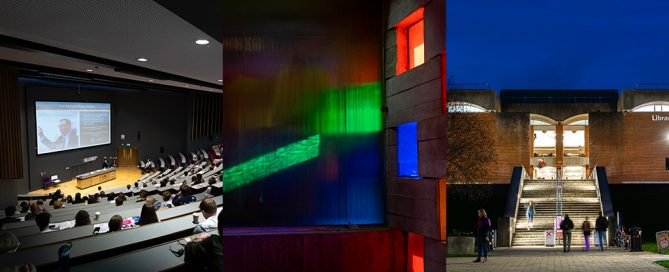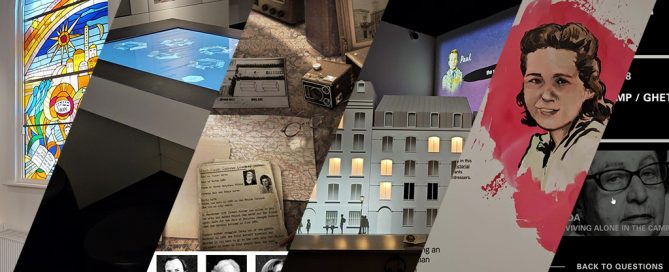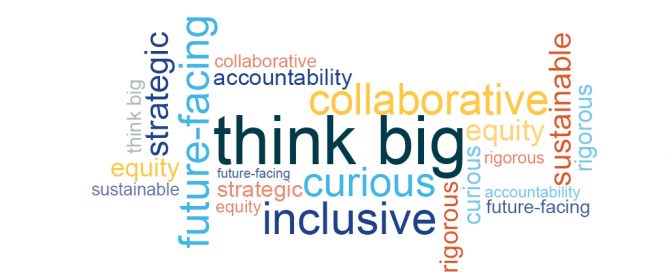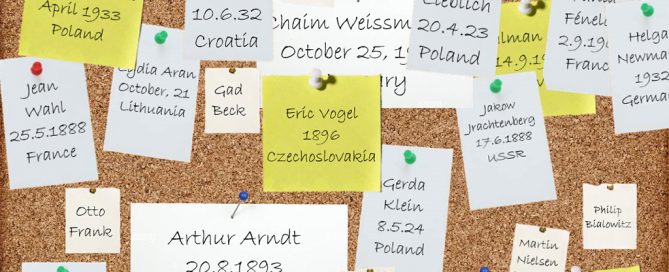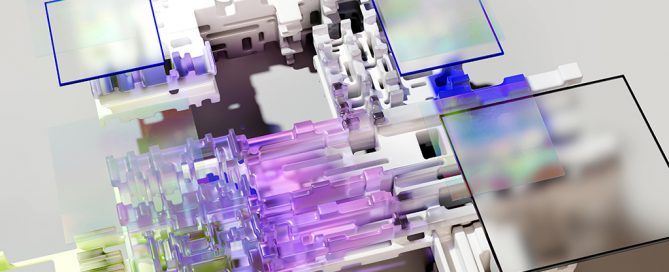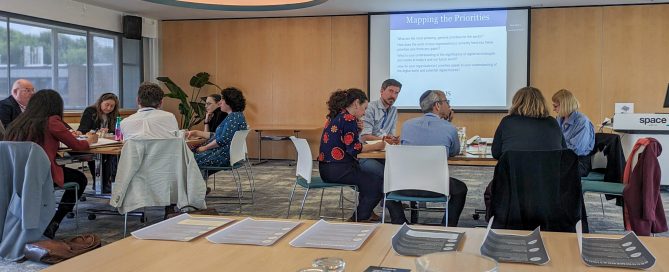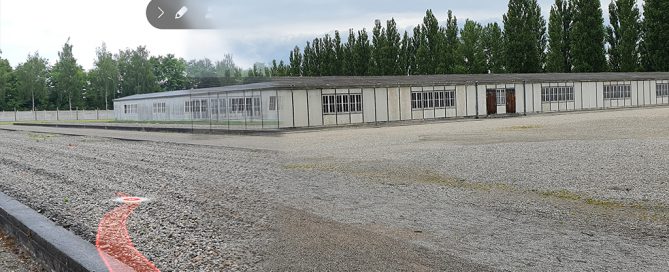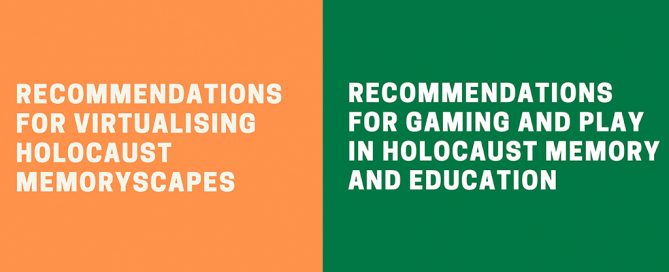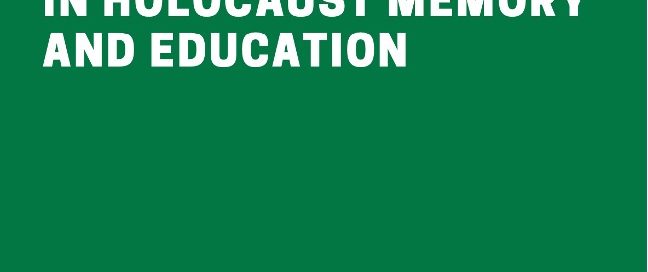Call for contributors: Connective Holocaust Commemoration Expo
What is it? Our inaugural ‘expo’ seeks to bring together Holocaust heritage and education experts, policymakers, academics, and creative and tech professionals to share practice and research, learn more about digital Holocaust memory pasts and present, and to connect and begin to design digital Holocaust memory futures! This is not your usual ‘academic conference’, rather we hope to offer lots of opportunities for hands-on play, experimentation and learning; networking; and showcasing excellent practice as well as research. Where is it? University of Sussex, UK Situated in a valley of the beautiful South Downs National Park and only a short bus or train ride from the Brighton seaside. When is it? 24th-26th June 2025 Call for Contributions Holocaust memory as a cultural phenomenon is not solely shaped by the actual, cognitive remembering of those who lived through this traumatic past. For commemoration to persist long into the future, the significance of the past must be taken on bodily, cognitively, and culturally by those who did not experience it. Co-mmemoration is a fluid, ongoing, creative, collaborative process shaped by an increasing number of actants – human and non-human. Whilst the voice of survivors will no doubt continue to be an essential element of Holocaust education, the memory-makers of tomorrow (and [...]
